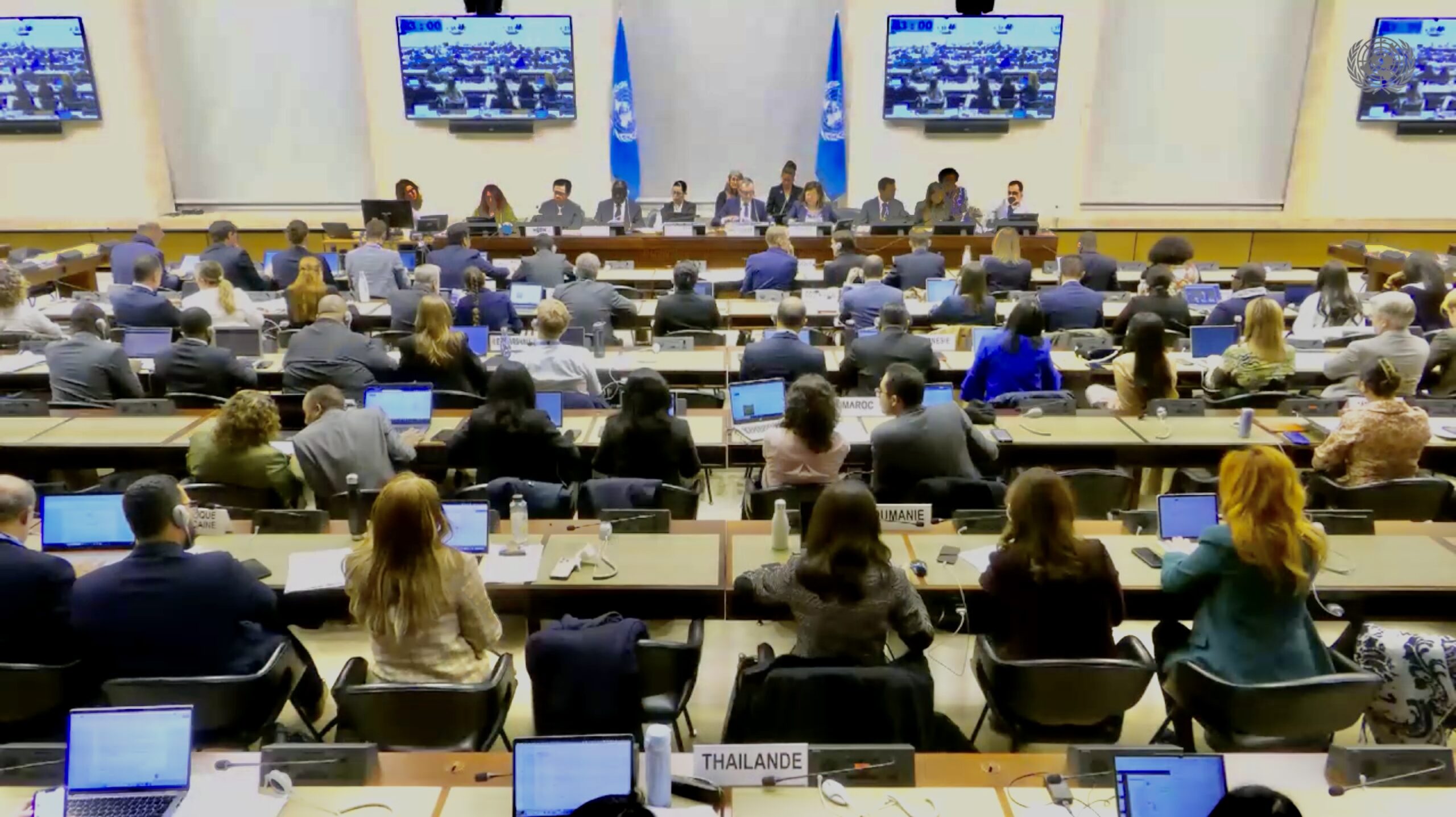Geneva, 6 October 2025
The International Commission of Jurists (ICJ) welcomes today’s decision by the UN Human Rights Council to establish an independent investigative mechanism on Afghanistan. States must now act to ensure it receives the resources necessary to fulfill its critical mandate.
“This mechanism represents a crucial step forward in responding to the systematic rights violations and abuses in Afghanistan, particularly of women, girls and LGBTQI+ persons” said Sandra Epal-Ratjen, ICJ’s International Advocacy Director.
“After years of calls from Afghan for concrete accountability measures, the Council has established a pathway to justice that must be rapidly operationalized with adequate resources, despite the UN’s financial constraints.”
The resolution, adopted on 6 October 2025, establishes an ongoing independent investigative mechanism to “collect, consolidate, preserve and analyse evidence of international crimes and the most serious violations of international law, including those that may also amount to violations and abuses of international human rights law, committed in Afghanistan.”
Like similar investigative mechanisms created for Syria and Myanmar, the new body is mandated to “prepare files in order to facilitate and expedite fair and independent criminal proceedings…in national, regional or international courts or tribunals that have or may in the future have jurisdiction over these crimes.”
The resolution provides for the mechanism to “incrementally advance its work based on funding made available,” language which is novel for resolutions of this kind and appears to be responsive to the critical funding landscape with budget cuts across the UN system. In the context of the UN Secretary General UN80 Initiative to assess and reform the UN across numerous pillars including human rights, the currently estimated budget for 2026 proposed only designated one percent of the overall UN budget to existing human rights mandates and activities.
“The financial crisis facing the UN is real, but so is the crisis facing Afghan women who cannot leave their homes, work, or receive education,” said Sandra Epal-Ratjen.
“Without the injection of additional resources, the Afghanistan mechanism will not be in a position to effectively fulfil its mandate. States should also explore other feasible options including future synergies with other existing mechanisms to identify cost benefits and identify how funds should be best spent.”
Since the Taliban’s seizure of power in August 2021, Afghanistan has witnessed systematic violations and abuses that the International Criminal Court has recognized as crimes against humanity, including gender persecution. Women and girls have been erased from public life through edicts the Taliban. The regime has arbitrarily executed former officials, subjected protesters to torture and other ill-treatment, forcibly disappeared activists and barred the UN Special Rapporteur from the country.
The mechanism is mandated to identify perpetrators and preserve evidence to an international criminal law standard for the purpose of supporting accountability proceedings, including ICC investigations and prosecutions, potential proceedings before the International Court of Justice and cases before third States’ national courts based on extraterritorial jurisdiction. States must match this advance with concrete protection measures for persons who engage with the mechanism, including Afghans survivors in exile.
In line with their obligations of non-refoulement, States should also suspend forced returns to Afghanistan and expand safe pathways, including humanitarian visas, family reunification and at-risk defender schemes. The Council will receive an update on the mechanism’s establishment at its 61st session and assess operational capacity at its 66th session. States must demonstrate before these milestones that financial constraints will not become another barrier to justice for Afghan victims and survivors.
Contact
Sandra Epal-Ratjen, International Advocacy Director, International Commission of Jurists, e: Sandra.epal@icj.org
Download
The presser can be downloaded here.





